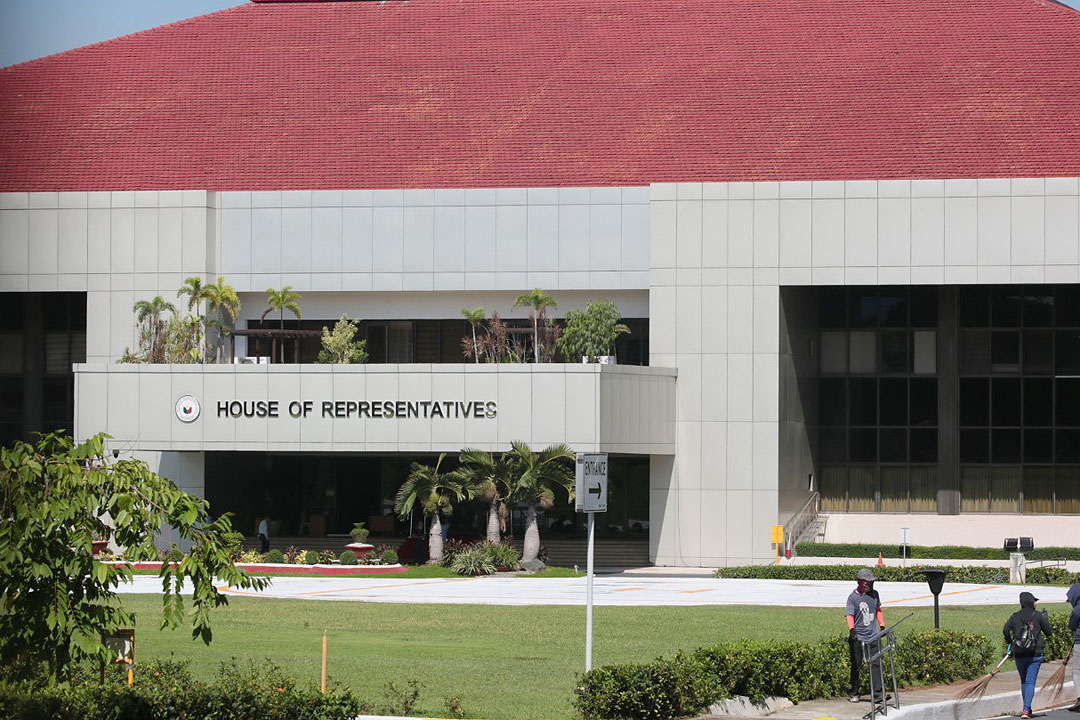House bill filed on comprehensive penalties vs illegal recruitment schemes

A LAWMAKER has filed a bill that provides comprehensive definitions and penalties against illegal recruitment activities for overseas workers.
“Illegal recruiters employ various deceptive schemes to prey on the need and desires of migrant workers lured by the promise of higher-paying jobs,” OFW Party-list Rep Marissa P. Magsino is quoted in House Bill No. 7865.
“One of the identified gaps contributing to the evolving problem of illegal recruitment is the absence of a single penal law,” she added.
Under the bill, anyone found guilty of illegal recruitment will be imprisoned for up to 20 years and pay a fine of up to P4 million.
Illegal recruitment as economic sabotage, or when a group of three or more persons conspire with each other, is punishable by up to P10 million and lifetime imprisonment.
Those guilty of other prohibited acts like requiring an overseas Filipino worker to avail of a loan, training, or undergo health examinations from specific persons, entities, or clinics, among others, will be jailed for up to 12 years and be fined up to P2 million.
A law enforcement officer or internet intermediary and service provider who fails to provide data needed to investigate cases of illegal recruits will also face imprisonment of up to six years and pay up to P500,000.
If the person illegally recruited is younger than 18 years, maximum penalties will be imposed. An offender who is not a Filipino citizen will be deported.
The Bureau of Immigration (BI) last month rescued six Filipinos from crypto-scam syndicates who offered jobs supposedly in e-gaming companies and business process outsourcing firms. They were promised a monthly salary of $800 to $1,000 on the condition that they leave the country disguised as tourists.
According to an investigation by Senator Ana Theresia “Risa” N. Hontiveros-Baraquel, syndicates pay BI agents as much as P100,000 for every trafficked Filipino.
“This bill seeks to consolidate all existing laws on illegal recruitment into a single penal law to facilitate a more effective and efficient enforcement and implementation to combat the inimical practice,” Ms. Magsino said. — Beatriz Marie D. Cruz



